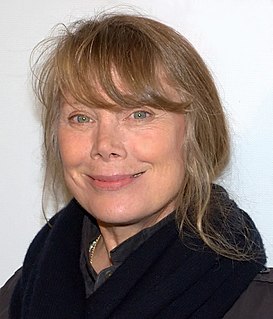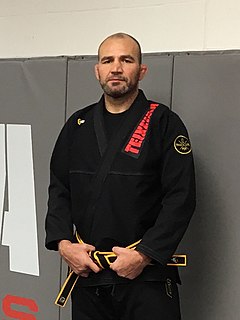A Quote by Annie Lennox
I was brought up in a tenement house in a working district. We didn't even have a bathroom! We had a gaslight in the hallway and a black-and-white TV.
Related Quotes
Back when we was in school in Mississippi, we had Little Black Sambo. That's what you learned: Anytime something was not good, or anytime something was bad in some kinda way, it had to be called black. Like, you had Black Monday, Black Friday, black sheep... Of course, everything else, all the good stuff, is white. White Christmas and such.
When you say 'the man of the house,' the black woman has been the woman and the man of the house, because black men have so often had to spend all of their time and energy working and trying, at least, to give their families the basic needs. So black women, I find, are not really concerned about women's liberation.
I grew up in a very small town, on a farm. There was not even a TV in my house at that time. I didn't have much connection with the outside world and couldn't see martial arts. When I was 10 or 12, that's when we got our first TV. We only had maybe two channels. At 16 years old, I remember watching Marco Ruas on TV.




































